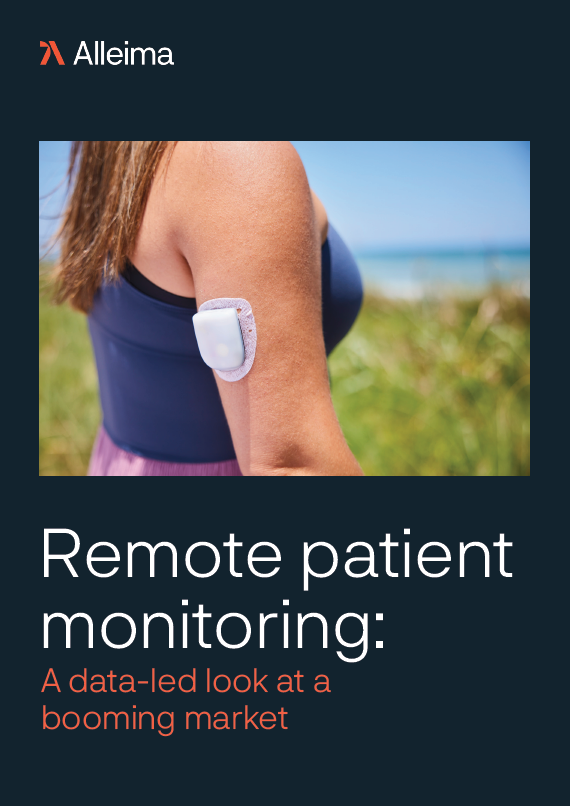
In the battle against cancer, medical technology capabilities are ever-expanding, ushering in a new era of patient care and precision treatments. Gone are the days when cancer patients and their healthcare providers had to rely solely on periodic check-ups and conventional diagnostics.
Today, sophisticated monitoring devices are transforming cancer management, offering real-time insights and personalised care that not only enhances treatment efficacy but also aims to significantly improve the quality of life for cancer patients worldwide.
Remote monitoring and personalised care for cancer patients
Traditional methods of monitoring cancer progression and a patient’s response to treatment such as periodic imaging and blood tests, though effective, often fall short in providing real-time data.
This gap is now being bridged by a new generation of monitoring devices that offer continuous, non-invasive, and real-time insights into a patient’s health.
One of the most significant advancements is the development of wearable technology such as smartwatches and patches equipped with biosensors that are capable of monitoring a range of vital signs, including continuous monitoring of heart rate, body temperature, and blood oxygen levels that can alert both patients and doctors to early signs of infection or other adverse reactions to treatments.
Patients can use connected devices at home to measure relevant health metrics. This data can be collected and transmitted to healthcare providers who then monitor the patient’s condition remotely, and take appropriate actions accordingly.
This approach not only reduces the need for frequent hospital visits but also allows for quicker response times in case of any alarming changes in the patient’s condition. Telemedicine and virtual consultations can also be supplemented with real-time data from wearable or implantable devices, providing doctors with a clearer picture of the patient’s condition without the patient needing to be physically present.
The rise of AI in cancer treatments
Artificial intelligence (AI) is playing a crucial role in maximising the potential of these monitoring devices. AI algorithms can analyse vast amounts of data collected from these devices, identifying patterns, and predicting potential health issues. Machine learning models can process continuous streams of data, learning the baseline health metrics of individual patients and detecting deviations that could indicate a problem. This predictive capability can lead to earlier interventions and more personalised treatment plans.
The integration of these monitoring devices into cancer care is also fostering a more patient-centric approach. Patients are empowered with more control over their health and equipped with tools that provide greater insights into their condition. This empowerment can lead to better adherence with treatment plans, as patients become more active participants in their own care journey.
The future of medical devices for cancer monitoring
Advances in medical device technology and AI are introducing new capabilities when it comes to cancer diagnosis and treatment. This year, a multi-institutional team of researchers received $45m from the Advanced Research Projects Agency for Health (ARPA-H) to fast-track the development of an implant that can sense inflammatory markers associated with cancer and then autonomously deliver immunotherapy. [1]
Northwestern’s Jonathan Rivnay, a co-principal investigator on the project who leads device development, said: “Sensing in the complex environments in the body is a well-known, challenging task. The Northwestern-led effort will tackle these challenges with the goal of stable and continuous monitoring of biochemical signals that will provide real-time readouts of cancer progression and therapy — rather than sparse snapshots that are more typical in current practice.”
The field of sensing wire for monitoring devices has advanced greatly over recent years, and medical wire experts from Alleima are at the forefront of this innovation. Alleima wires are used to sense biomarkers (such as the amount of blood sugar in interstitial tissue for continuous glucose monitoring), which can then be transmitted out of the body. They work closely with customers who may need to incorporate multiple capabilities within a small device to develop composite wire that has many elements within one wire system.
To find out more about Alleima’s capabilities and how patients are benefiting from devices that use these sensing wires, download the whitepaper below or visit their website.
[1] https://news.northwestern.edu/stories/2023/09/small-implantable-device-could-sense-and-treat-cancer/


